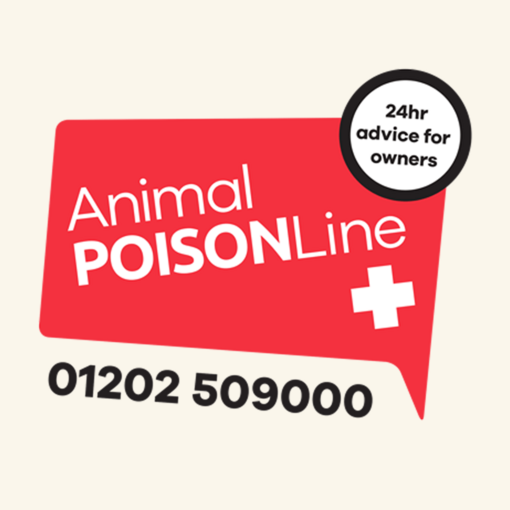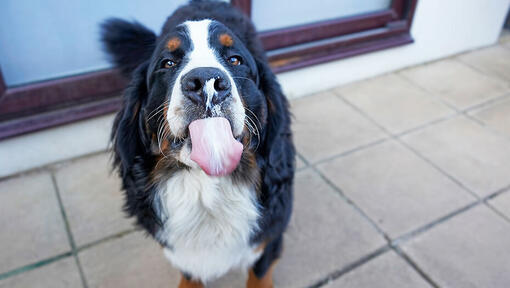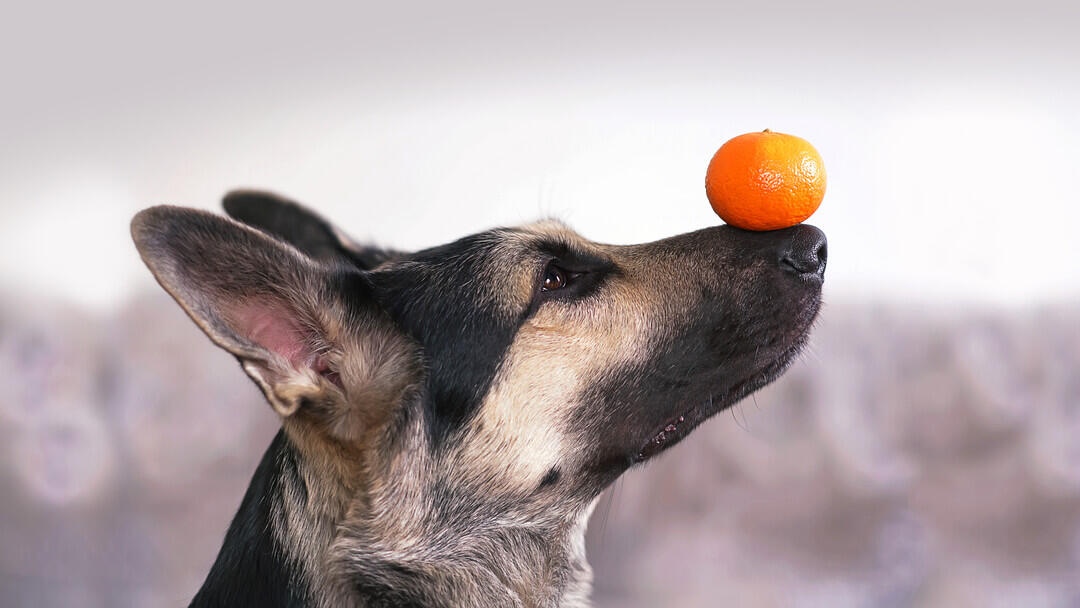
As humans, we love cheese and it’s no secret that our dogs often look at us with their best puppy dog eyes while we are indulging in it but can dogs eat cheese and is it good for them?
Find out more with this article.
Cheese in all its many forms and types is a favourite of many – whether grated on top of a steaming bowl of pasta, included in recipes, or paired with biscuits as an after-dinner treat. There is even a growing body of thought that suggests cheese could be addictive!
We’re not the only ones who think that cheese is particularly moreish however – our dogs also think it’s pretty delicious too.
But, where it’s obvious that most dogs think the taste of it is nothing short of divine, should they actually be allowed to eat it and is cheese good for dogs?
Keep reading to find out whether dogs can eat cheese and which types of cheese are acceptable!
Can dogs eat cheese?
In most cases, yes, dogs can eat cheese. When given in moderation, it can make a great high reward training treat (particularly when there’s lots of distractions – as not only do dogs find it really tasty, it is strong smelling too).
Can dogs eat cottage cheese?
Yes, dogs can eat cottage cheese. This type is generally low in fat and sodium so it is one of the better options to give your dog as an occasional treat.
Can dogs eat blue cheese?
No, never give your dog blue cheese. The fungus involved in making blue cheeses such as Stilton can produce a substance called roquefortine C, which dogs can be very sensitive to. If your dog ingests this, they may develop the following symptoms:
The higher the amount of blue cheese your dog eats, the greater risk of them developing the symptoms above. If you notice your dog displaying any of these signs, contact your vet straight away.
Can dogs eat cream cheese?
In general, dogs can eat a small amount of cream cheese. It’s mostly fine but does have a high fat and calorie content. However some variations of cream cheese include other ingredients to make it tastier to us. This can include chives, onions, and garlic which are dangerous for dogs and so these types of cream cheese should definitely be avoided.
Is cheese good for dogs?
Cheese is good for dogs in small amounts. It’s true that cheese contains protein, calcium, vitamin A, essential fatty acids and B-complex vitamins, but these are all things your dog would be getting from their regular, balanced diet anyway, so there’s no need to add cheese to their diet. However, cheese can be given as a treat in small amounts. If you are using cheese as high value training treats, cut it up very small (about half the size of your little finger nail).
Is cheese bad for dogs?
In some cases, cheese can be bad for dogs. Dairy can cause stomach upsets and some dogs are lactose intolerant. If this is the case with your pup, avoid cheese entirely. Additionally, some cheeses will contain fruits, nuts, onions and garlic – so always avoid these. If your dog has any dietary sensitivities, is overweight or is on a controlled diet, check with your vet before adding a nibble of cheese into their diet.
Read more on why cheese can be bad for some dogs below.
Never give cheese to overweight dogs or dogs with kidney problems
- Cheese has high fat, calorie and salt content. So if your dog is overweight or has kidney issues, opt for healthy dog treats instead when you want to give your dog something special.
Do not give cheese to lactose intolerant dogs
- Not all dogs digest cheese well. Though cheese contains a smaller amount of lactose when compared to whole milk, dogs with severe lactose intolerance could have bad reactions to cheese.
Never give cheese to a dog who has had pancreatitis
- Pancreatitis is a digestive disease and can be life threatening. As dogs cannot fully digest dairy products, this could cause some issues. Make sure to always check this with your vet first.
Why might you feed cheese to your dog?
There are a few reasons you might want to feed cheese to your dog.
It is a popular way to conceal medication.
As cheese is relatively soft and strong smelling, it is ideal for hiding pills in! Simply cut up a small cube of cheese (cheddar is best) and push the tablet into the centre of it and offer it to your dog. Generally, they’ll gulp it down without a second thought! However, it’s important to never try to conceal your dog’s antibiotics in cheese, as antibiotics may bind to the calcium found in dairy products. Once this happens, it may no longer be absorbed by the intestines, making the medication less effective.
Cheese can also be offered as a high reward training treat.
Again, cheddar is the best option for this as you can cut it up into tiny cubes which is prefect to use as a reward. Most dogs love cheese and so are highly motivated to work for it. It also is pretty strong smelling (especially if it’s been in your pocket for an hour or so!) so is doubly appealing. It's the ideal treat when you are working around distractions or when you want to offer a special reward for a job well done.
Cheese as part of canine enrichment
Enrichment is an important part of keeping dogs healthy and happy – and preventing boredom. A good option is to add a thin smearing of cream cheese to the inside of a Kong toy along with other treats to give them a delicious challenge. Remember however that enrichment should always be rewarding and not frustrating – so make sure this is something they can access without too much difficulty.
Now you know the answer to can dogs have cheese! Want to find out more about the foods your pup can have and which to avoid? Read our guide on can dogs eat blueberries, next.



















